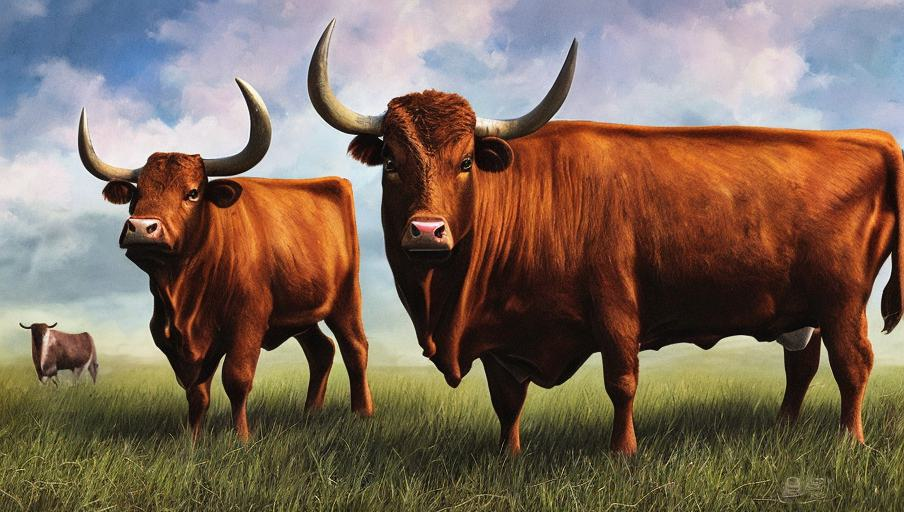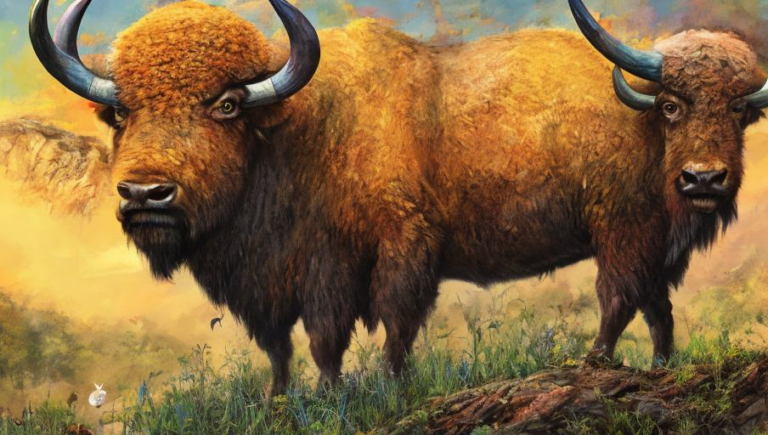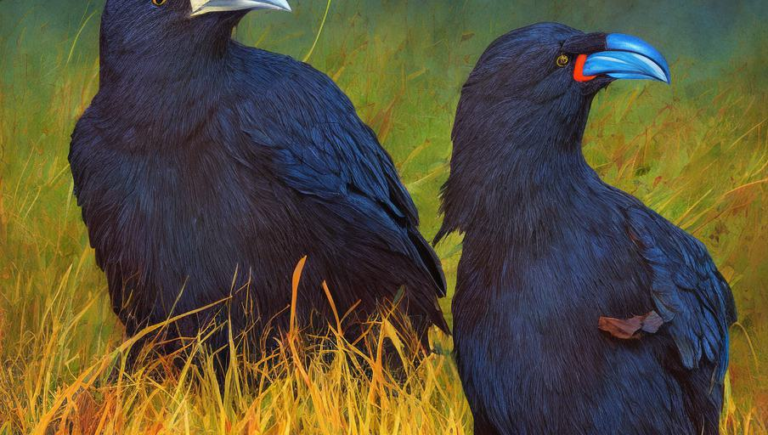Maintaining a Healthy Cattle Diet

Introduction
Cattle are an important part of the food chain and play a critical role in the global economy. Proper nutrition is essential for keeping cattle healthy and productive. It is important to understand the dietary needs of cattle, as well as the nutrient requirements for optimal health and performance.
Nutrition Basics
Cattle require a balanced diet to stay healthy. They need a variety of nutrients, such as protein, carbohydrates, fats, minerals, and vitamins. The nutrient requirements for cattle vary depending on the age and type of cattle, as well as their activity level. Generally, cattle require a diet that is high in protein and energy, as well as adequate amounts of minerals, vitamins, and other nutrients.
Feeds and Forages
Cattle can obtain their nutrition from a variety of sources, such as grasses, hay, and grains. Grasses are a great source of protein and energy, while hay is an important source of fiber and minerals. Grains, such as corn and wheat, are also an important source of energy and protein. It is important to ensure that the feed and forage products that are provided are of high quality, as poor quality products can lead to health issues in cattle.
Supplementation
Cattle may also require additional supplements to meet their nutrient requirements. Supplements are important to ensure that cattle are receiving the vitamins, minerals, and other nutrients that they need for optimal health and performance. Supplements should be provided in the correct amounts and at the appropriate times to ensure that cattle are receiving adequate nutrition.
Conclusion
Maintaining a healthy diet for cattle is essential for their health and performance. It is important to understand the dietary needs of cattle and provide them with adequate levels of nutrients. Feeds and forages should be of high quality and supplemented with additional nutrients, if needed. By providing cattle with a balanced diet, they will be able to stay healthy and productive.





